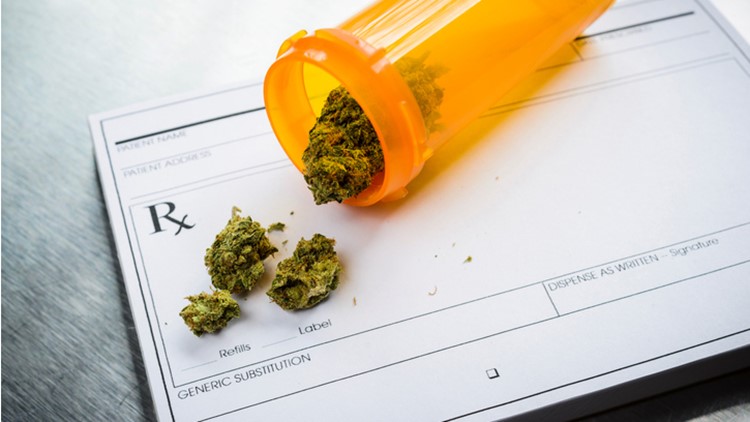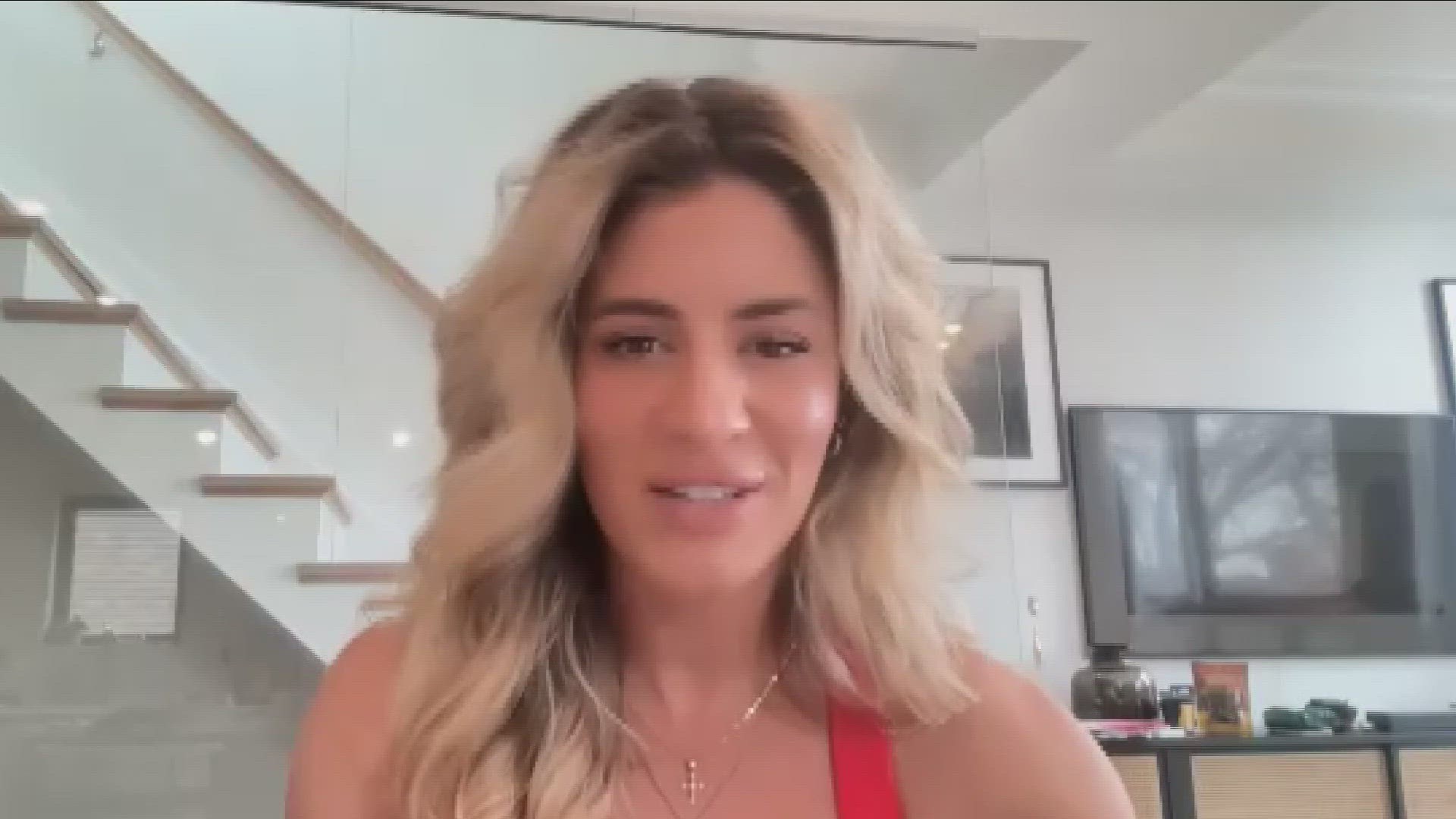By David Robinson, Rockland/Westchester Journal News
Many of New York’s 98,000 medical marijuana patients are older than 50 and suffering from chronic pain.
The number of medical workers certifying marijuana patients has grown, and marijuana growing partnerships are being discussed as the industry matures.
Those are some of the key findings in the latest state Department of Health report evaluating the medical marijuana program, which launched in January 2016.
After initially being criticized as too restrictive, New York’s medical marijuana program has loosened rules and expanded the list of eligible conditions. It seemed to be hitting stride just as state lawmakers are poised to consider legalizing recreational pot for adults.
To understand the growth, consider that about 1,700 medical professionals have registered to certify medical marijuana patients, a major spike from the limited doctor participation during the program's early months.
Some medical marijuana companies in New York are also racing to open large grow facilities and forging partnerships in hopes of becoming the first to sell recreational pot here, if it's legalized.
Key findings
What follows are some of the findings in the Health Department's medical marijuana report:
The most common condition is chronic pain, at about 52,100 patients, or 53 percent of the 98,101 overall patients throughout the program’s nearly three years of existence. The stats underscored the importance of adding chronic pain as an eligible condition in December 2016.
Patients aged 51 to 60 years made up the greatest percentage of certifications, at about 23 percent, followed by patients ages 61 to 70, at 19 percent.
Other top conditions were neuropathies, at 14,300, or 15 percent, and cancer at 12,000, or 12 percent of the total.
The number of patients that are repeat customers has increased from 6,400 in January 2017 to 37,735 in June 2018. The latest stat reflects about 67 percent of the overall patient tally at the time, up from 61 percent previously.
Since the program was implemented, a total of 35 adverse health events were reported to the department.
Of the 35 adverse events, none resulted in a fatality. One was categorized by the person as serious and requiring hospitalization. Sixteen patients discontinued use of the product due to the adverse event.
Boosting prescribers
When the program was first implemented, only doctors were authorized to register with the program to certify patients.
To help increase the availability of practitioners, the Health Department adopted regulations to allow nurse practitioners to register and certify patients. Then physician assistants were added, provided they were under the supervision of a doctor already registered with the program.
The reforms contributed to a roughly 33 percent increase in practitioners statewide.
As of June 30, 2018, nurse practitioners and physician assistants comprised about 22 percent of all practitioners in the program.
Health Department regulators are recommending allowing all prescribers of controlled substances to humans to participate in the medical marijuana program. This would greatly expand the current rules that allow only physicians, nurse practitioners and physician assistants who register with the program to certify patients.
Regulators are seeking a pilot study with one or more third-party health insurance payors to demonstrate the effects on consumption and costs in patients who are taking medical marijuana in New York.
The Health Department plans to implement regulatory amendments to support research studies of approved medical marijuana products, allow registered organizations to use third party contractors for security, and make other regulatory amendments to continue to enhance the program.
Further, nearly 20 new medical marijuana dispensaries are poised to open in coming months statewide. The expansion comes after regulators doubled the number of licensed companies to 10.
WEB EXTRA: Read the full report here



